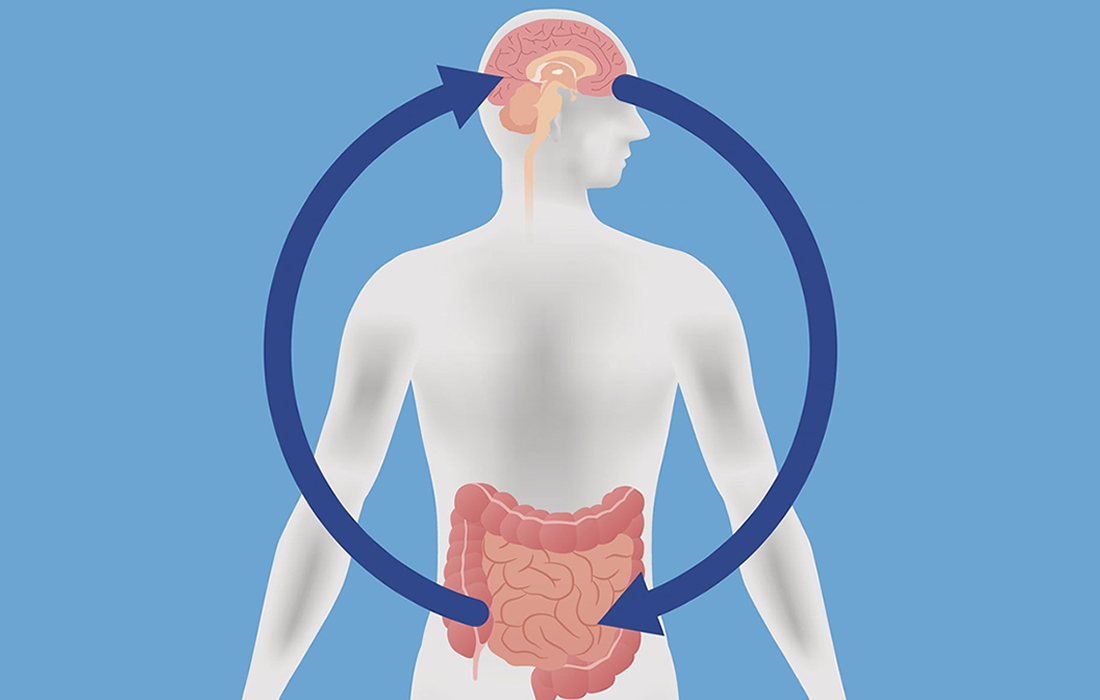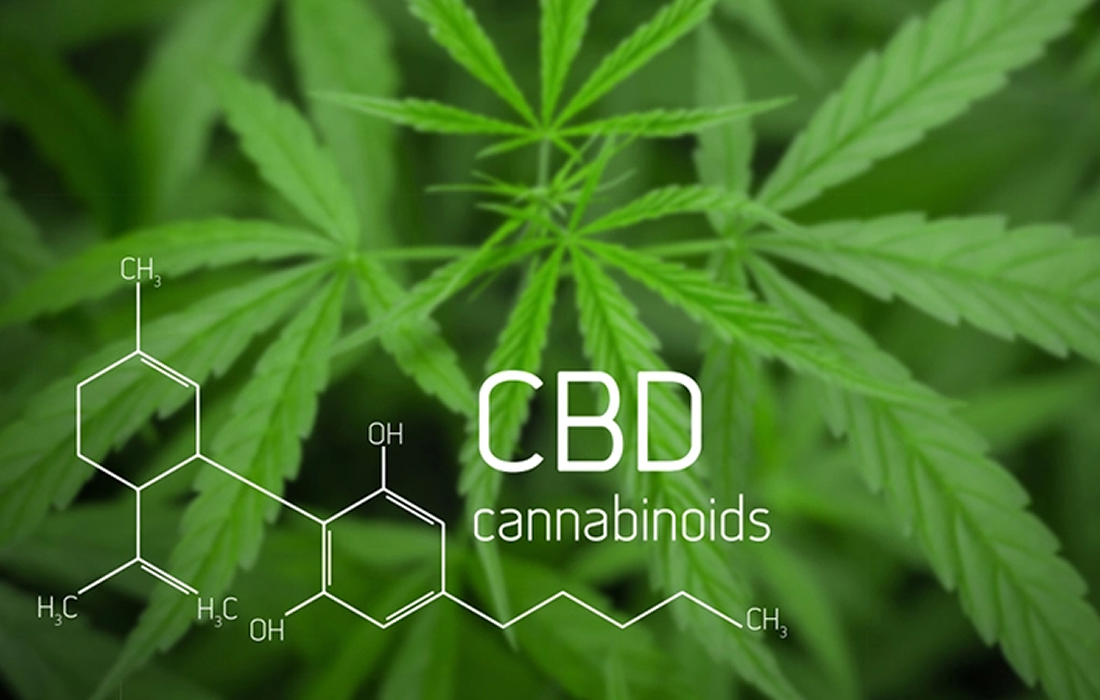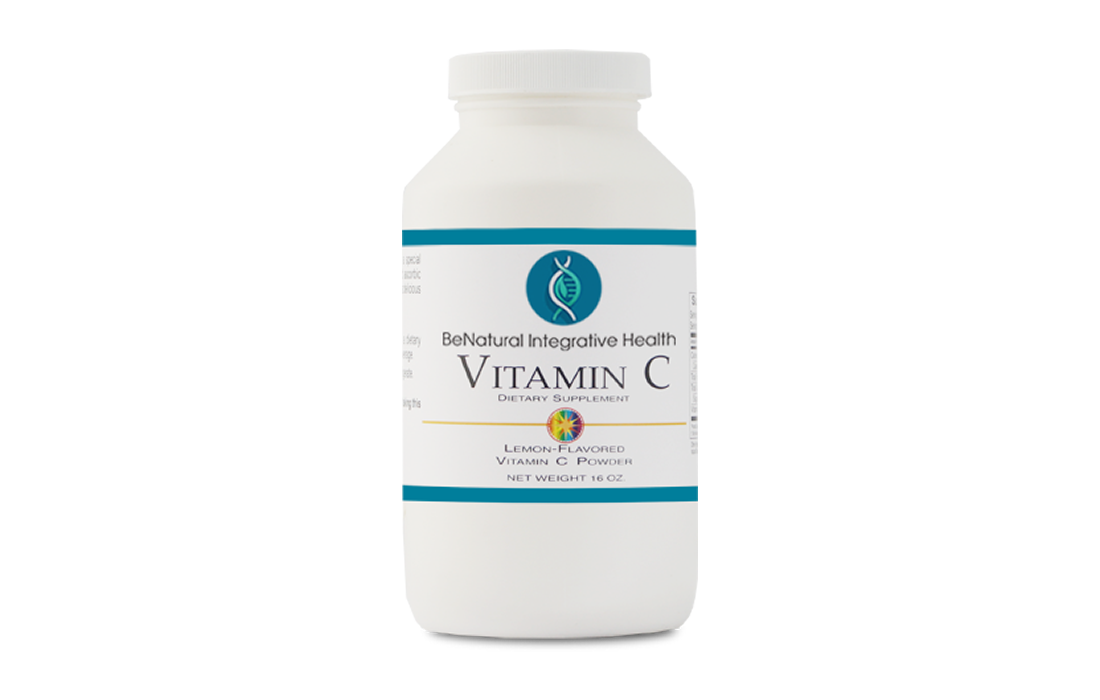Intermittent fasting (IF) has recently gained much public interest as a weight loss approach. It’s a unique dietary strategy defined as periods of eating alternated with periods of not eating (fasting). This dietary strategy focuses on when food is consumed and total quantity consumed and it works through an altered liver metabolism, referred to as […]
Category Archives: Nutrition and Supplements
Chocolate, especially dark chocolate, has many nutrients that can positively affect our health. It’s loaded with antioxidants and other substances such as methylxanthines and flavonols that have many health benefits. There are many health benefits that have been proven by scientific studies, among them are: High-quality nutritive components In order for dark chocolate to be […]
Parkinson’s disease (PD) stands in second place after Alzheimer’s disease among common neurodegenerative disorders. An overall incidence rate of 17 per 100,000 persons per year has been reported. The onset of PD is usually at 65 years or older, and it appears slightly more frequently in men than in women. The aging of society around […]
Chronic non-communicable diseases (CNCDs) are a matter of great concern to the world’s public health and the leading cause of death. In 2005, around 35 million deaths were attributed to such diseases, almost 60% of global mortality and 45.9% of the global burden of diseases. If this trend is maintained, it is estimated that by […]
What is the Western Diet? The Western Pattern Diet is a modern-day style diet that mostly contains high amounts of processed foods, red meat, high-fat dairy products, high-sugar foods, and pre-packaged foods, that increase the risk of chronic illness. This diet is “rich in red meat, dairy products, processed and artificially sweetened foods, and salt, […]
Reduced caloric intake without malnutrition is the oldest known life span–extending intervention. Laboratory studies throughout the 20th century established and confirmed the benefits of caloric restriction (CR) in multiple model systems. CR not only increased life span across evolutionarily distant organisms but also reduced age-associated disease burden and functional decline in these studies. Epidemiological data […]
Stem cell therapy promotes tissue regeneration and wound healing. Efforts have been made to prime stem cells to enhance their regenerative abilities. Certain marijuana components, namely the non-psychoactive cannabidiol (CBD) and psychoactive tetrahydrocannabinol (THC) are defined as immunomodulators. Migration and differentiation of mesenchymal stem cells (MSCs) are known to be involved in various regenerative processes […]
Within the last 30 years, the obesity rate for adult Americans has more than doubled from 15% to 32% and currently, it is estimated that two-thirds of Americans are either overweight or obese, a 42% increase since 1980. A primary cause of this obesity epidemic is thought to be gross caloric intake, which has risen […]
The survival and reproductive success of all organisms depend upon their ability to obtain food. Accordingly, animals have evolved behavioral and physiological adaptations that enable them to survive periods of food scarcity or absence. When food is not available for extended periods some organisms become dormant; for example, yeast enters a stationary phase, nematodes enter […]
What is Vitamin C? Vitamin C, also known as L-ascorbic acid, is a water-soluble vitamin that is naturally present in some foods, added to others, and available as a dietary supplement. Humans, unlike most animals, are unable to synthesize vitamin C endogenously, so it is an essential dietary component. It is required for the synthesis […]










